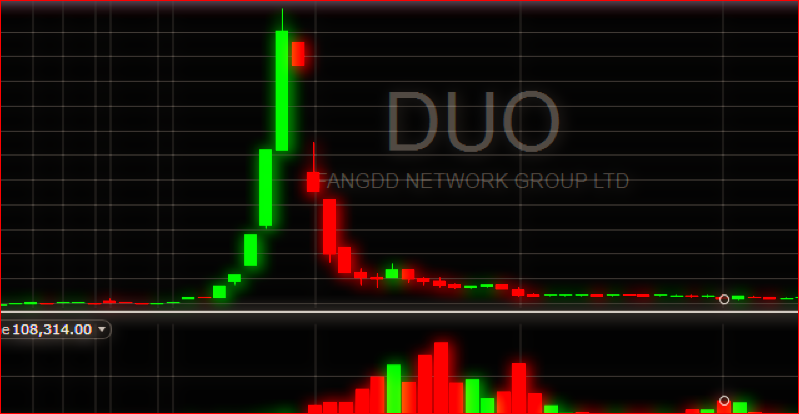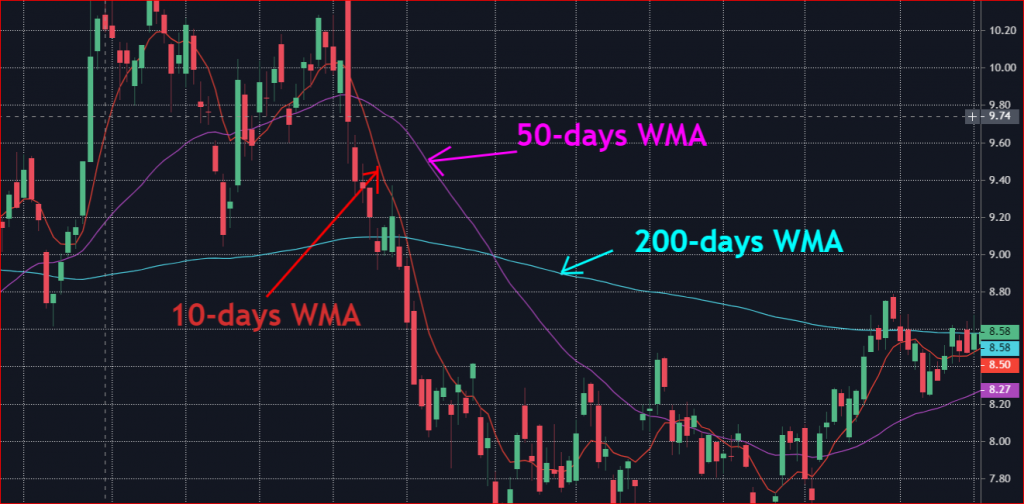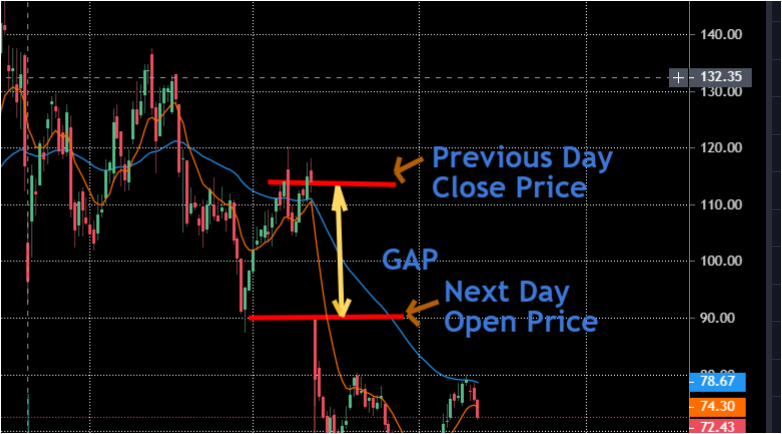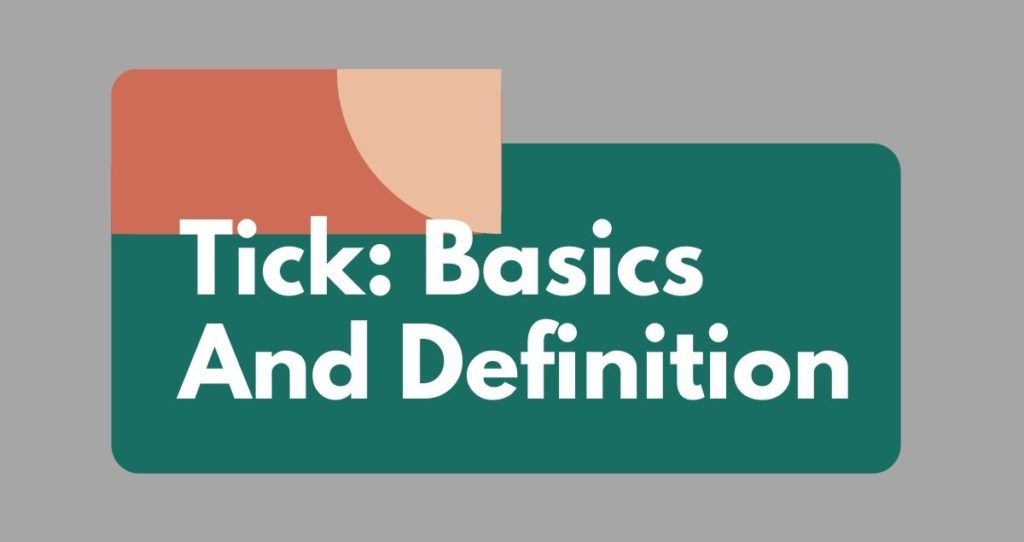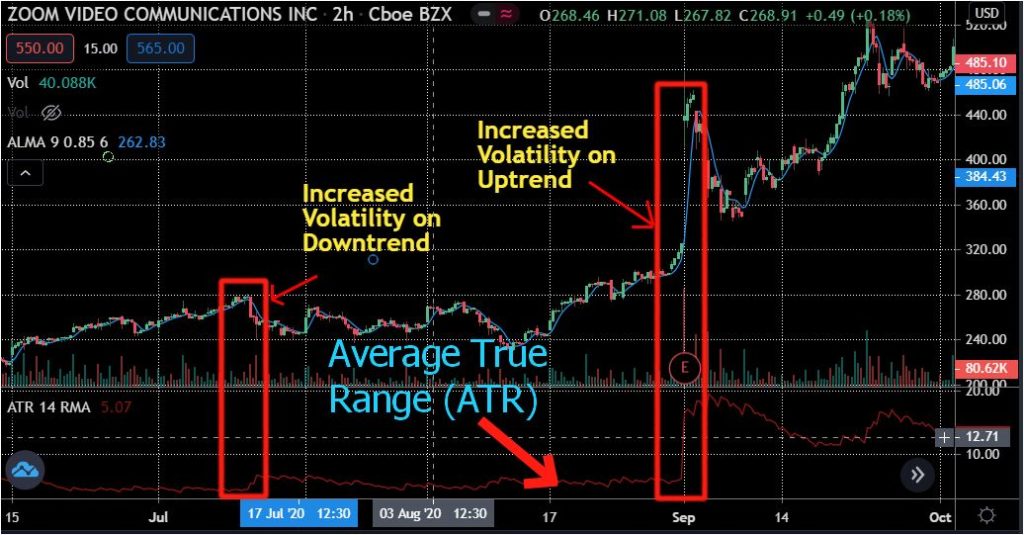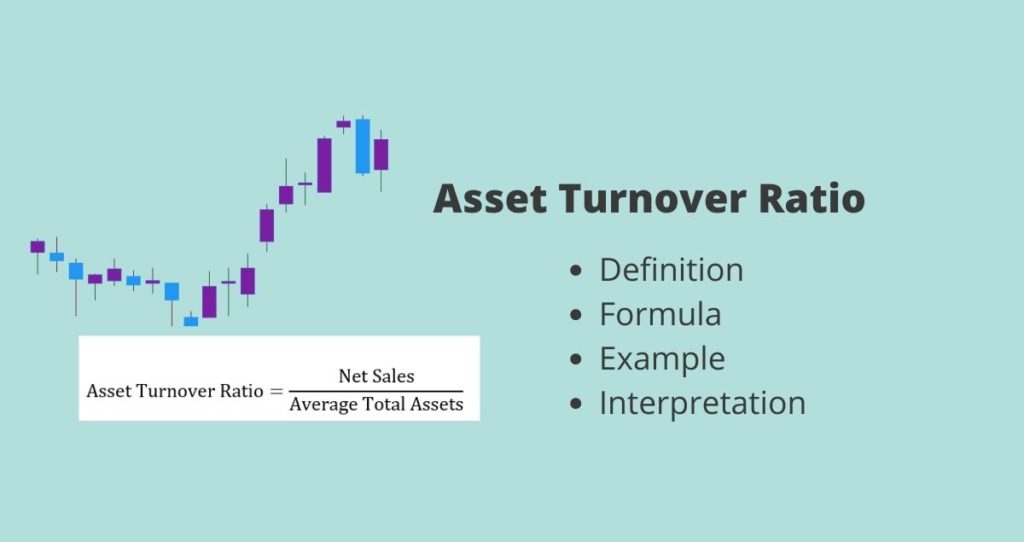Mutual funds are a great alternative if you are looking for an easier way to invest money without spending countless hours researching individual stocks and bonds. Mutual funds refer to companies that pool money from different investors and then invest it in equities, bonds, and other investments. Generally, mutual funds are actively managed by a professional manager who decides what investment to buy and when to sell them.
You can buy a mutual fund online inside your brokerage account, and the return on investments is usually higher than what you get from investing in exchange-traded funds(ETFs). The best mutual funds should be diversified without outstanding historical performance and lower expense ratios. Avoid mutual funds with higher credit risk or highly leveraged ones to minimize the risk of losing money investing in mutual funds.
Here is everything you need to know about mutual funds, how to buy them, and things to look for when deciding what fund to buy.
What is a mutual fund?
A mutual fund is an investment company that collects money from investors to buy various investments, such as stocks, bonds, index funds, etc.
Mutual funds are treated like other investment entities and are managed by professional managers. Individuals and investment companies can buy shares in a mutual fund and become shareholders. By owning a mutual fund, you proportionally share profits and losses with other fund shareholders. A combination of all investments held by a mutual fund makes up its portfolio and is managed according to investors’ objectives and needs from their investments.
Here is what to expect when you buy a mutual fund.
- Mutual funds are managed by a professional manager who decides what investments to buy and when to sell, so you don’t have to make the investment decisions yourself.
- Mutual funds offer various investment strategies, allowing you to invest in funds that meet your investment goals.
- These funds invest in a wide range of investments, which help diversify the fund and minimize financial losses.
Things to look for when investing in mutual funds
While investing in mutual funds is a great way to diversify your portfolio while maintaining a high return on investment, not all mutual funds are created equal. You must still buy the fund that matches your risk tolerance to ensure long-term financial success.
Here is a list of essential things to consider when investing in mutual funds.
- Start by identifying your goals and risk tolerance to avoid taking on more risk than you can manage or too little risk, which can result in lower ROI.
- If you need more income, buy funds specializing in dividend stocks and fixed-income assets such as bonds. One thing to be aware of is that bonds usually come with credit risk, loan repayment risks, etc.
- If you want growth, buy mutual funds specializing in growth stocks and similar investments.
- Consider fees when investing in mutual funds. Mutual funds have different fee structures, which vary from one fund to another. According to Investopedia, Common fees you might encounter when investing in mutual funds include front-end fees, back-end fees, administrative charges, etc.
- You can choose between passively and actively managed funds. Actively managed funds aim to beat a specific benchmark and have a professional manager who decides what to buy and when to sell. They usually have higher fees than passively managed funds.
- Focus on established funds with a good track record. Never buy mutual funds with poor historical performance.
- Don’t invest in mutual funds with high expense ratios to avoid losing your investments in fees.
- Never buy funds that are not fully diversified. For example, if the mutual fund only invests in technology, your investment could be exposed to higher risk if tech stocks underperform the market.
- Also, funds with credit risk and those highly leveraged should be avoided.
How to buy a mutual fund?
To buy a mutual fund, you must research to ensure the fund you pick matches your risk tolerance and financial goals. If you have a brokerage account, you can search and buy mutual funds inside your brokerage account.
If you don’t have a brokerage account, you will need one before investing in mutual funds. Opening a brokerage account is easy. Most bank brokers, such as Fidelity, Charles Schwab, Vanguard, etc., allow you to open a brokerage account online in minutes.
After opening a brokerage account, deposit cash into it. You can easily do this through a wire transfer, a check deposit, or an online transfer from your savings account. You can select your favorite fund by name, but searching by ticker is easier. Placing an order to buy a mutual fund is similar to buying stocks. You will need to know how much money you want to invest in the fund and the type of order, then place your order to purchase the fund.
Should I invest in a mutual fund?
Millions of people around the world are investing in mutual funds. Mutual funds might not be the best investment option, but they offer many benefits. Before investing in mutual funds, you might need to know if you want to invest the money yourself or if you want to have it invested on your behalf. If you have the skills, time, and experience, picking your investments will also be a great alternative. However, if you don’t know what occurs in the financial world, you may need to invest your money in mutual funds.
The following are a few reasons why investing in mutual funds could be a good option.
- Professional management. Investing in a mutual fund means not having to research yourself. Professional managers will research and pick investments that maximize your return on investments. The only thing you will do is accept rewards or losses from the investment.
- Mutual funds are liquid. Liquidity is a term used to define how fast an asset can be transformed into ready-to-use cash. For example, a stock is more liquid than a house. When you own a mutual fund, you can sell your holdings whenever possible, usually after the market closes. This gives you access to capital if you need it.
- Mutual funds are affordable. They do not require a lot of money to start your investment. The initial investment could differ depending on their services, profitability, historical performances, etc., but they are relatively affordable.
- Investing in mutual funds offers direct diversification. Mutual funds vest in various assets, including stocks, bonds, and other investments, giving you maximum diversification.
- Capital gain. Investing in mutual funds allows you to grow your money slowly or faster depending on your mutual fund(s) growth. If assets owned by your mutual fund are appreciated, you will receive some gains once assets are sold.
- You will collect dividends. You will receive shares of the profit if your mutual fund invests in stocks that give dividends. Keep in mind that expenses will be deducted from total income before dividends (if there are any) are distributed.
Types of mutual funds
- Money Market Funds. These funds are considered safer or risk-free, and they are short-term. The government usually offers them, and returns are low. Your return will be slightly above what you can get from a savings account and less than a certificate of Deposit (CD).
- Bond funds invest in bond markets, which are riskier than the money market but tend to produce higher returns.
- Stock funds. These funds pool money from investors and buy corporate stocks.
- Target-date funds invest in diverse assets, such as stocks and bonds, and can change their investments over time.
Risks of investing in a mutual fund
- You could lose your money investing in mutual funds. You may lose your money if your mutual fund(s) fails to produce profits. For example, if you choose highly leveraged funds or those holding risky bonds, the potential of losing money will be higher.
- Volatility. As the value of assets your fund owns fluctuates, the value of your investment will also fluctuate—this market volatility forces many investors to sell their holdings to reduce losses.
- Dividend payments will not be consistent. As companies’ revenues and earnings decrease or increase, their dividends follow the same trend. Companies offer dividends or stop them depending on how well they are doing. You may receive fewer dividends or none due to changes in dividend payments from stocks your mutual fund owns.
Difference between a mutual fund and an exchange-traded fund(ETF)
Mutual funds and ETFs offer investors an opportunity to invest in various assets with direct diversification.
Mutual funds pool money from investors, which is then invested in various assets, including stocks, bonds, and other investments. While you can find passively managed mutual funds, these are usually actively managed and aim to beat overall market returns. For this reason, mutual funds tend to return more than ETFs.
On the other hand, exchange-traded funds (ETFs) are usually passively managed and tend to track a specific index or sector. They typically have lower expense ratios than mutual funds. You can also buy and sell ETFs throughout the day, such as stocks, which are not an option for mutual funds but are priced and traded after the market closes.




